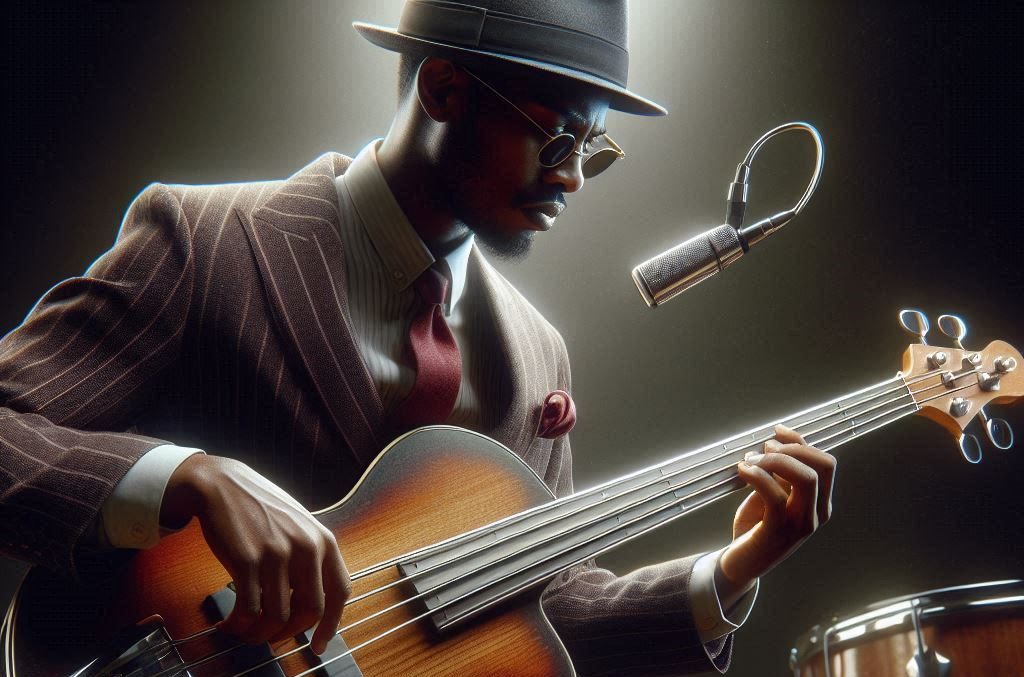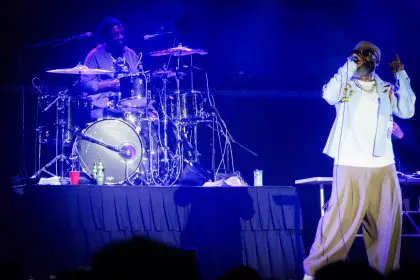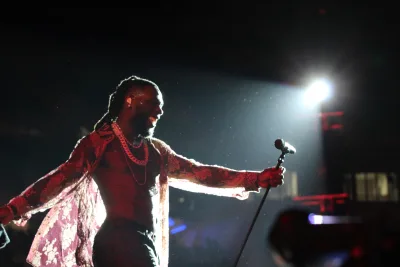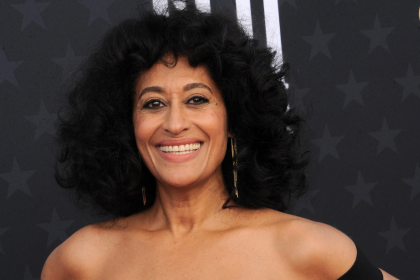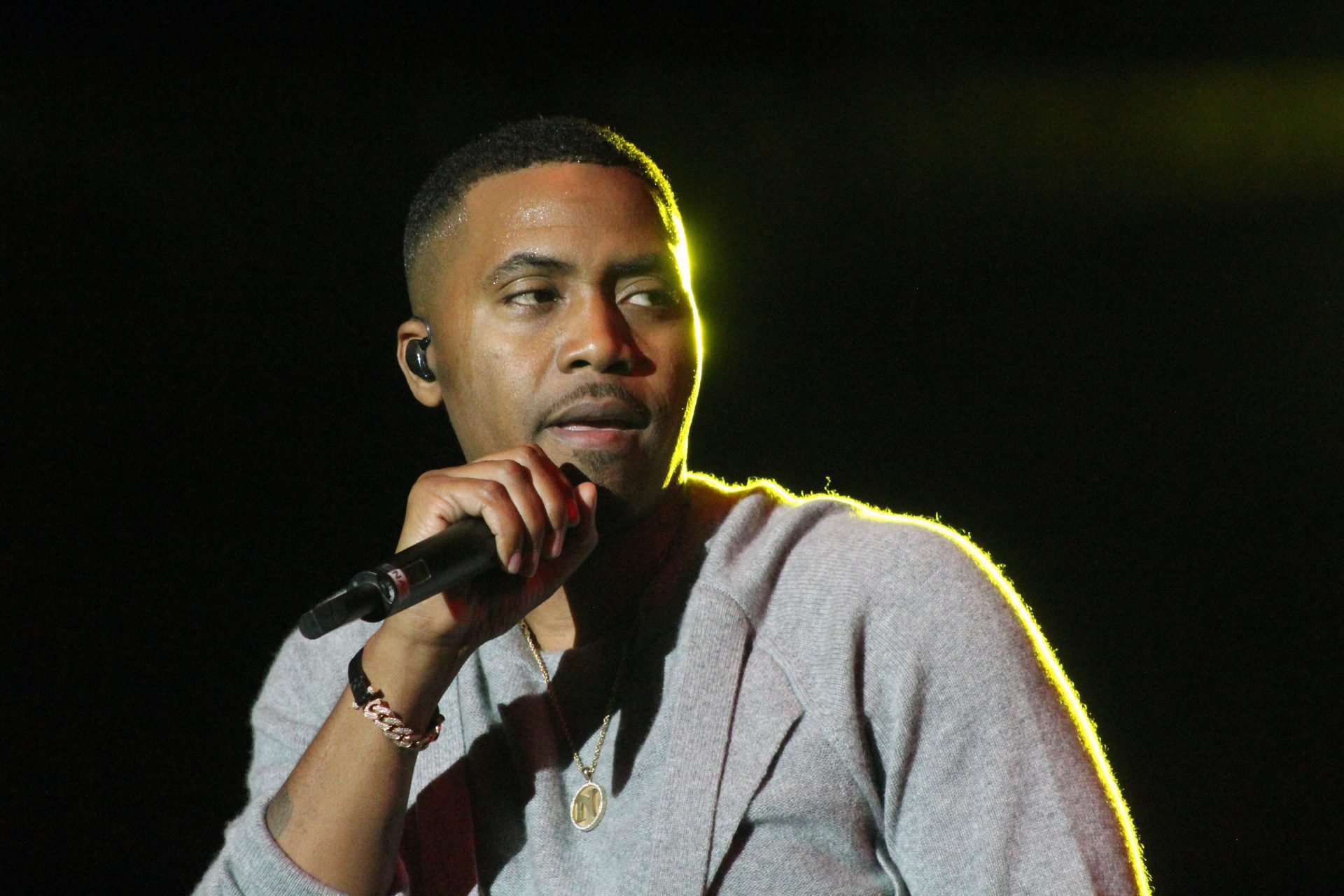When Paul Robeson stood before the Supreme Court in 1958 — challenging the State Department’s restriction of his passport and right to perform abroad — he laid the groundwork for generations of Black artists fighting for creative freedom. His victory established a crucial precedent: that artistic expression deserved constitutional protection, even when it challenged prevailing political narratives. This principle would echo through courtrooms for decades, from Nina Simone’s 1960s contract disputes to 2 Live Crew‘s latest triumph in October 2024.
A history of legal battles
Nina Simone’s determination to control her artistic destiny manifested in multiple legal victories throughout the 1960s and 70s. Her successful challenges to exploitative recording contracts helped establish better protections for artists’ rights and set standards for fair compensation. Simone’s battles highlighted how record labels often took advantage of Black artists’ limited legal knowledge and resources — a pattern her victories helped disrupt.
The path to modern victories
The 1980s saw Prince wage a highly public battle against Warner Bros. Records, famously writing “slave” on his face to protest his contract. His eventual victory in regaining his masters and publishing rights demonstrated how even established artists had to fight for creative control. George Clinton’s partially successful attempts to reclaim his catalog from exploitative publishers further highlighted the ongoing struggle.
These cases built momentum for 2 Live Crew’s landmark 1992 victory when a federal appeals court overturned an obscenity ruling against their album, As Nasty As They Wanna Be. This decision not only protected their right to satirize through music but established a vital precedent for artistic freedom in hip-hop culture.
Miami’s latest milestone
Now, 2 Live Crew’s October 2024 federal court victory in Florida marks another milestone in this ongoing struggle, reported AP‘s “The Skanner.” The group’s successful effort to reclaim five early albums from Lil’ Joe Records — which had acquired the rights through a 1995 bankruptcy proceeding — demonstrates how artists can leverage copyright law to restore balance to historically unequal power dynamics.
The mechanics of justice
The legal strategy behind 2 Live Crew’s latest victory is built upon decades of precedent. Their team successfully argued that bankruptcy proceedings couldn’t permanently separate artists from their creative work, effectively challenging industry practices that have historically concentrated power in corporate hands rather than creators’ control.
Beyond the courtroom
The implications of this victory resonate far beyond Miami’s hip-hop scene. For the generation that witnessed their musical heroes struggle against industry exploitation, this success provides both inspiration and practical precedent. It demonstrates how determined artists can successfully challenge systemic inequities while establishing stronger protections for future creators.
Cultural significance
The timing of this victory carries special weight, arriving as discussions about equity in the music industry have gained renewed urgency. For a community that has often seen its creative contributions appropriated or undervalued, 2 Live Crew’s success reinforces the essential principle that artists should ultimately control their work’s destiny.
Digital age implications
In an era when streaming platforms and artificial intelligence have transformed music distribution and ownership, the principles established by this case become even more crucial. It provides vital guidance for contemporary artists navigating complex questions of ownership in the digital age while building upon earlier victories.
The continuing struggle
Each generation of Black artists has faced unique challenges in protecting their creative rights. From Robeson fighting to perform internationally to Jay-Z securing ownership of his masters, these battles reflect broader struggles for equality and self-determination. 2 Live Crew’s victory adds another chapter to this ongoing narrative of resistance and empowerment through legal channels.
Looking ahead
As the music industry continues evolving, this case will serve as both inspiration and a practical example for future generations fighting to maintain control of their artistic legacy. It demonstrates how artists can successfully leverage copyright law to challenge industry structures that have historically separated creators from ownership of their work.
The victory stands as more than a single group reclaiming their music. From the Harlem Renaissance to the hip-hop generation, Black artists have consistently used legal channels to expand the boundaries of artistic freedom and establish stronger protections for creative expression.
For today’s artists watching this case, it offers both hope and strategy. The success of 2 Live Crew in reclaiming their catalog provides a blueprint for others seeking to assert control over their creative work while reinforcing the importance of understanding and actively defending one’s legal rights in an industry that continues to evolve.

